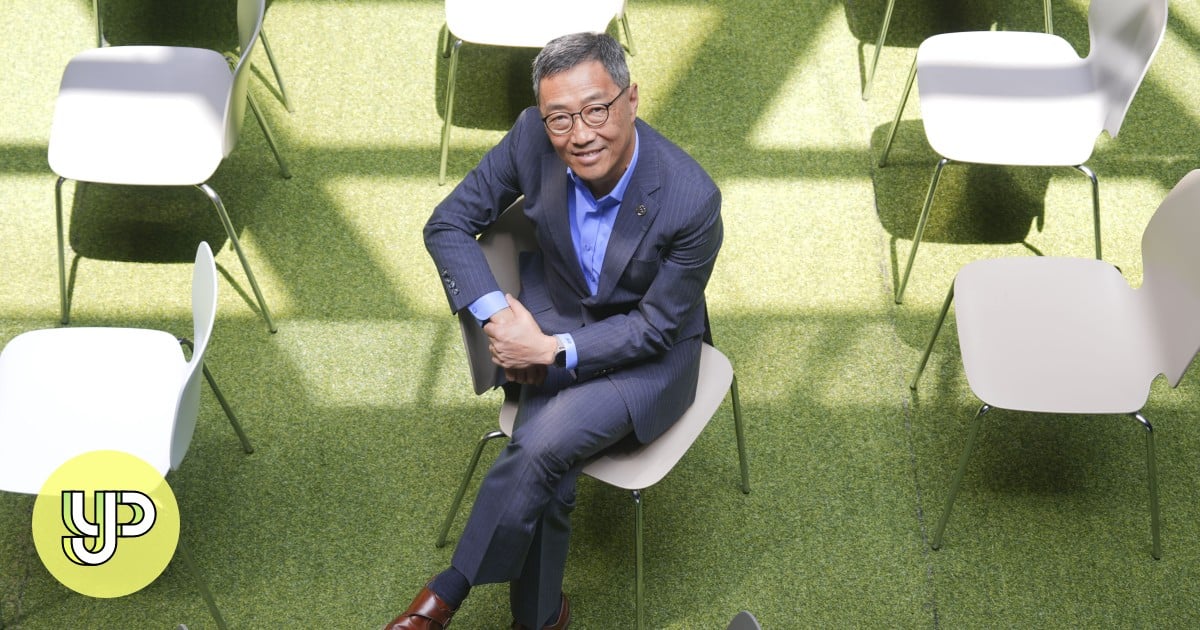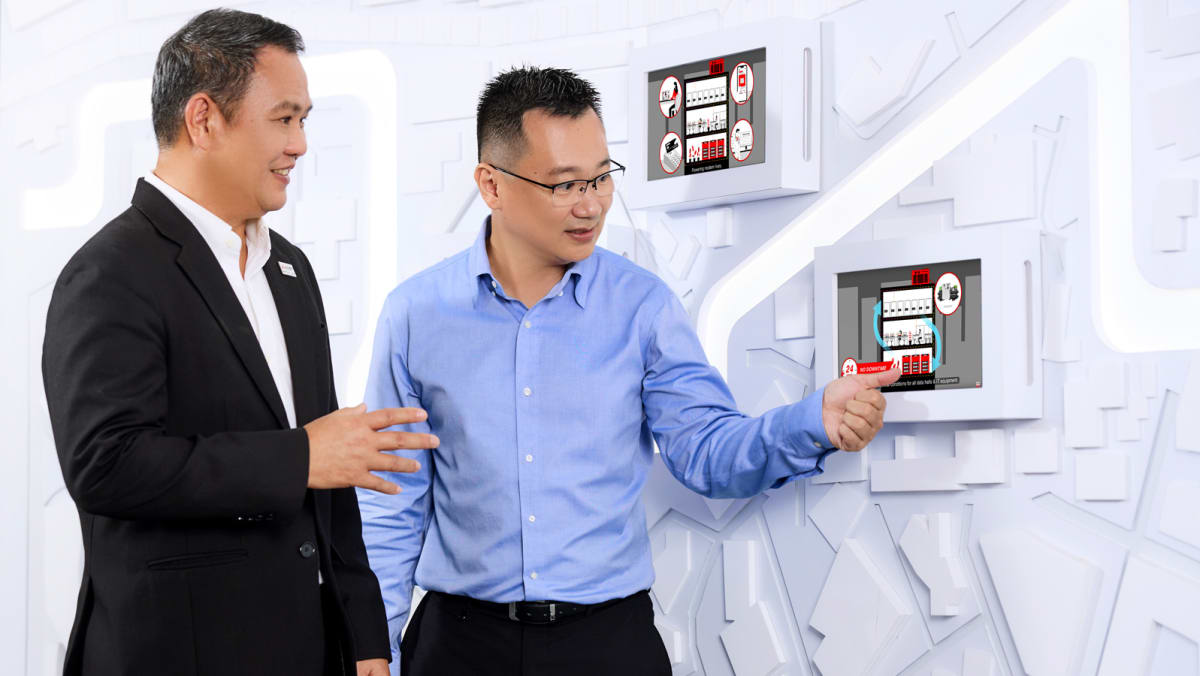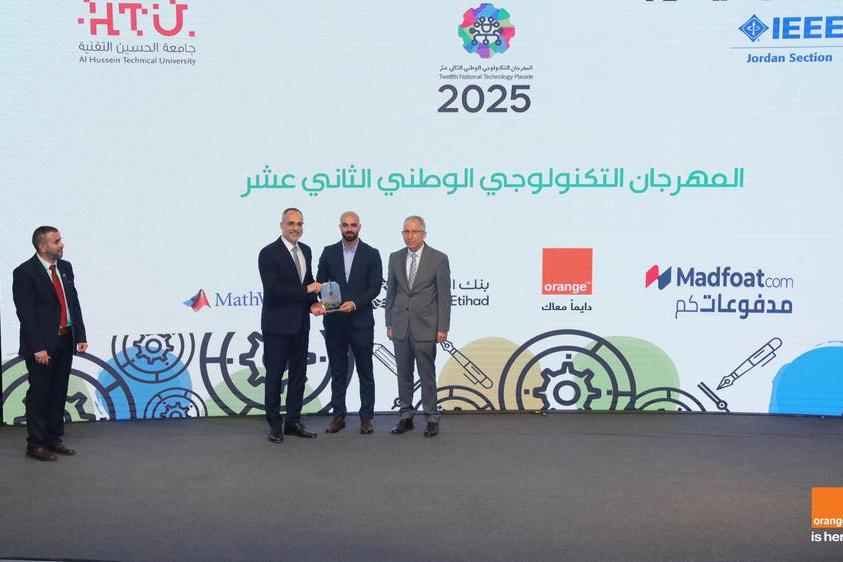Are We Losing Our Edge? How Tech Reliance Could Be Diminishing Essential Skills

We live in an age of unprecedented convenience. Technology streamlines our lives, offering solutions for everything from remembering appointments to splitting restaurant bills. But at what cost? A growing concern is whether our increasing reliance on gadgets and apps is actually making us less capable – leading to a gradual atrophy of essential human skills.
Think about it. How many of us could accurately estimate a tip without reaching for a calculator app? How many remember phone numbers without relying on our smartphones? The ease of accessing information instantly has arguably reduced our need to commit things to memory, potentially impacting cognitive function in the long run. It’s not just about memory; it's about problem-solving, spatial reasoning, and even social skills. When navigation apps dictate every turn, do we truly learn to understand our surroundings and develop a sense of direction?
The rise of automation is another significant factor. From self-checkout kiosks to automated customer service lines, we're interacting with machines more than with people. While this can improve efficiency, it can also limit opportunities for valuable human interaction and the development of interpersonal skills. The ability to empathise, negotiate, and build rapport – skills honed through face-to-face communication – are becoming increasingly rare.
The Apps That Do It All (and Maybe Too Much)
Let's be clear: technology isn't inherently bad. Apps are incredibly useful. We have apps to manage our finances, track our fitness, and even remind us what we’re currently binge-watching. But the sheer number of tasks we outsource to technology is raising eyebrows. Consider these examples:
- Appointment Reminders: Once a mental exercise in time management, now a push notification.
- Bill Splitting: A simple calculation now handled by an app, reducing our mental arithmetic skills.
- TV Series Tracking: No more remembering which episode you're on – an app does it for you.
- Navigation: Relying solely on GPS can hinder our ability to learn routes and spatial awareness.
Finding a Balance: Reclaiming Our Capabilities
The key isn't to abandon technology altogether. It’s about finding a balance. We need to consciously cultivate skills that are at risk of becoming obsolete. Here are a few suggestions:
- Practice Mental Math: Leave the calculator at home and try solving simple calculations in your head.
- Learn a New Skill: Take up a hobby that challenges your mind and body, like learning a language or playing a musical instrument.
- Limit Screen Time: Be mindful of how much time you spend glued to your devices and make time for activities that don't involve technology.
- Engage in Face-to-Face Interactions: Prioritize real-world connections and conversations over digital communication.
- Embrace Challenges: Don't always reach for the easiest solution. Sometimes, struggling with a problem can be a valuable learning experience.
Ultimately, technology should serve us, not define us. By being aware of the potential downsides of over-reliance and actively working to maintain our essential skills, we can harness the power of technology without sacrificing our capabilities. The future belongs to those who can adapt, innovate, and thrive – and that requires more than just knowing how to use an app.






